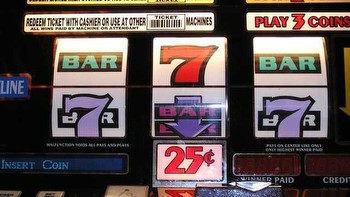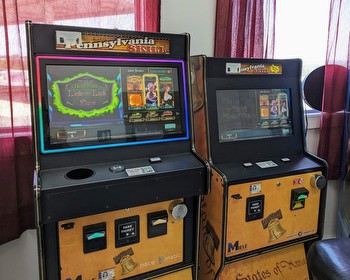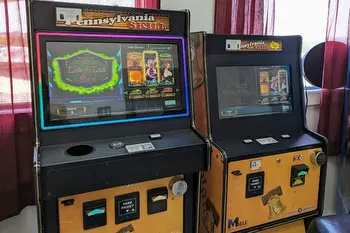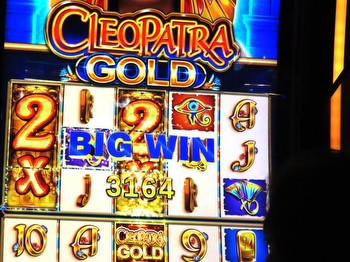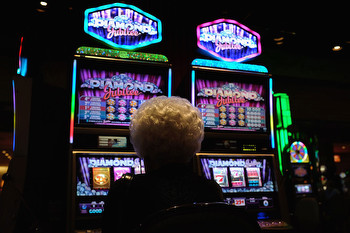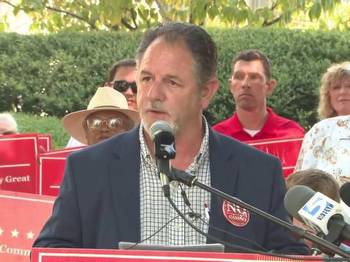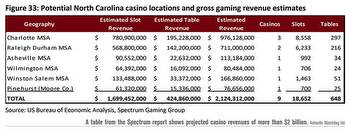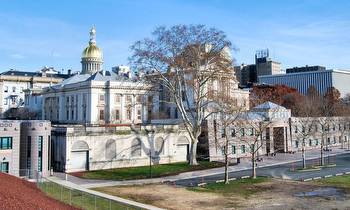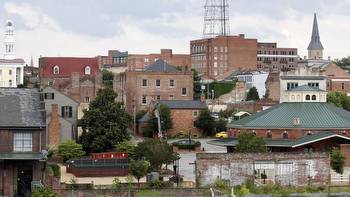History: Gambling in Sheridan County’s Early Days
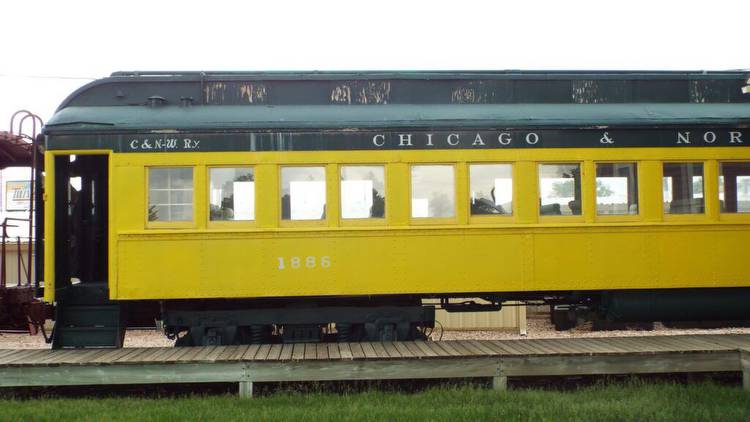
Gambling and gamblers were as much a part of the Old West as were cowboys. Professional gamblers frequented the saloons, the riverboats, and the trains, looking for honest or dishonest games, as long as there was a good chance of them winning.
There were gamblers on the local passenger trains that ran through Sheridan, as seen in this story from The Enterprise, July 29, 1893 – Plays Against a Skin Game and Lost His Bundle – Billings Gazette. An old West Virginia farmer, whose whitened, scanty locks, wrinkled visage and age-clouded eye one would scarce look for a gambler, was nicely taken in by a pair of shrewd card sharpers on passenger train No. 1 Monday. The guileless old man was persuaded to take a hand in a small game of California poker, using matches for chips, and winning a few cents as the train sped along up the Yellowstone meadows and bluffs. Nearing Billings the sharpers commenced to draw the game to the usual conclusion. The old man was by a not unskillful sleight given a pat hand of four aces and one of his opponents held out a straight flush………The old man was game, however, and made no complaint to the conductor, saying never a word until the passengers spoke in his behalf……
These confidence men should be held for arrest by the conductors whenever they are caught robbing the passengers…. A warning as old as Pompey’s Pillar is ‘never attempt to beat a man at his own game,’ and also that ‘suckers never die, they are born every minute.’
Gambling dates back to before written history. In about 3000 BCE in Mesopotamia, six-sided dice were used for gambling games and it seems to be a part of nearly every culture.
The Native American’s had several gambling type games, and for eons men have made wagers on whose horse is the fastest, how well they could shoot, how well they could throw a knife, and who had the best hand in a card game.
In Wyoming, gambling with cards was legal until 1901, when anti-gambling laws were passed. But 1901 wasn’t the first time that the anti-gambling advocates tried to get a bill passed.
This fromThe Fremont Clipper, March 1, 1888
This from The Crook County Monitor, on February 15, 1901
The above telegram, received in this city yesterday afternoon, will gladden the heart of many a person who has studied the conditions in Wyoming sufficiently to know that the gambling evil is by far the worst curse rampant within our borders. It shows that the majority of the men holding the most exalted position within the gift of the people of the state are for right, and decency and hive a keen regard for the future welfare of the commonwealth. Senator Nichols was one of the most ardent supporters of the anti gambling bill. When the measure was up for discussion, Mr. Nichols said among other things that there could seem to be no argument against the bill worthy of consideration. “I have letters from parties desiring to invest in this state, but on examination of the state of our laws on this question they hesitate. On this question we have a law which protectsgambling which does not exist upon the statute books of any other state in the union, or anywhere else in the civilized world, where gambling is not only licensed but protected. Not one of the employees of these gambling places would be received in society of respectable people. You make this profession honorable by the present law. They have just as much right to invite your young men into their dens as a pastor has to invite them into a church. You are making a record today that must stand the test of Wyoming’s future, there never will be a better time to remove the blot upon our state than in the present time. Are we going to say we have more regard for the almighty dollar than we have for the feelings of the mothers and daughters of our state? Instead of sunshine we have seen the skeleton with sightless eyes gazing into the face of Wyoming society. Every member of this senate is a republican, save one.
Whatever we do we republicans must take the responsibility. The bill in question prohibits practically all games which art: legalized by the present laws, two of thee exceptions being pool and billiards. An amendment was made to include nickle-in-the-slot machines among the prohibited gambling devices. According to the provisions of the bill the proposed law is to become operative on July 1, 1901.
Of course passing the law against gambling was not the end of gambling at all in Wyoming.
These two short items from the Lander Clipper.
October 27, 1905 – The Cheyenne papers say that the gamblers of the state are forming a combine to control future elections in order that they may secure the election off town and county officials friendly to their interests and to secure the repeal of the state anti-gambling law.
November 16, 1906 – Upon his return to Laramie from his recent visit here and in Basin and Sheridan, Judge Carpenter is quoted as saying that the judges of the four district courts in the state have decided to rigidly enforce the anti gambling laws of the state, and have so notified the different prosecuting attorneys. They will make a determined effort to rid the state of open gambling, in spite of the opposition in some quarters. A letter received in Laramie from a resident of Cody says that public gambling has been stopped there, but is carried on in certain back rooms, in violation of the laws.- From the Buffalo Bulletin.
Of course there was a plus side of illegal gambling for the county coffers.
These items from The Sheridan Enterprise:
October 11, 1902 – City Finances. For the six months ending (September 18, 1902, the sum of $1,650 has been received by the city from the gamblers in the way of fines, and $570.00 from keepers and inmates of houses of ill fame. Saloon licenses have amounted to $3,000 and pool and billiard licensee have added $115.00 more. The total amount received from all sources except from general and water work funds, has been $11,357.49 and the expenditures $8,677.08, leaving a balance on hand of $2,080.41 or just about what was received from gamblers and disorderly houses.
And on November 2, 1909 – Run Gambling Joint, Is Charge – Saloon Owner Near Carneyville is Arrested by Sheriff and Placed Under Bonds. Millard L. Childers, accused of running a poker game In his saloon near Carneyville, was arrested by Sheriff Benefiel on a warrant, issued on complaint of the sheriff Sunday evening. Childers was brought to Sheridan and put up a cash bond of $300 to appear at the next term of the district court. The state law provides a fine of $300 to $1,000 or a jail sentence of from three months to one year, or both for those convicted of carrying on gambling games
From The Sheridan Post October 14, 1904 – Who Supports the Gambler? To the voters of Sheridan county: You have probably heard the gambler —the man who produces nothing but consumes very much: the man who wears the largest diamonds talk as if gambling were to cease and he was compelled to make an honest living that the country would go to hades. Did it ever occur to you that gambling and gamblers are kept up by the laboring man? Can you recollect of seeing the rich man spend any money at the gambling table? Do you not recollect of having seen thousands of dollars spent by the poor man? These gamblers talk as though it were not for them this money would never yet into circulation. They imply in their talk that these poor men who spend their money in this manner and grocery and dry goods bills would go and bury this money and keep it forever out of circulation. Do you believe this? It is an insult to your intelligence to suppose for one moment that you believe it. Are you going to allow these people who are talking politics in this campaign in order that they may not have to work any for the next two years: men who say in county matters this fall they have no politics but are going to vote for their own interest: I say, are you going to allow these men to do your voting? Would it not be a wise thing for you to lay aside politics in county affairs this fall and vote for your and your county’s best interest?
But the gambler says there will be just as much gambling done upstairs and in back rooms if you do enforce Ihe law. If this assertion is true, why are they crying their eyes out for open gambling? Why are they taking such an interest in the success of the democratic county ticket if this is true? The fact that these men are so anxious to pay the city $50 per month for open gambling is a complete refutation to this talk of theirs. These republicans who follow gambling for a living, say they are going to vote the democratic county ticket straight this fall. Has the party made them promises? Or is the record of the present democratic city administration a sufficient guarantee? If any of these republicans who follow gambling should get weak-kneed it will only be necessary for the democratic campaign committee to remind them that Geo. J. Harper, one of (he best democratic commissioners the county ever had was turned down at their request for the reason that it was known that he favored the enforcement of this as well as all other laws. That O.P. Hanna was turned down for sheriff because tie helped to pass the law and stood for the enforcement of the same. In this campaign these men will see that you have plenty to drink and smoke without cost to you. After election you will pay for your whiskey and cigars the same as of yore. Is not your vote worth more than this? Vote for the interest of yourself and those dependent upon you and you will have voted well.
Backroom poker games were common even after gambling was declared illegal, and the change in men’s clothing was looked upon as a good thing.
There was a lot of back and forth on whether or not to keep gambling illegal in the county. This from The Sheridan Enterprise, March 28, 1922 – Outlawed By City Council New Ordinance Makes It a Crime to Play With Counters – Gambling is a lost art in Sheridan. For shortly after ten o’clock this morning in the council chamber of the city hall of Sheridan, Mayor Sheldon and Commissioner Floyd and MacCarty, dealt a knock-out blow to gambling and the death knell was sounded over the remains of one-time sky-high “stud” and “draw” poker games, black-jack, “coon-can” and a few others. By a suspension of rules, the now gambling ordinance, providing for a fine of $1 to $100 and imprisonment of not more than 30 days for its violation, was passed prohibiting the playing of cards with counters in any cellar, “attic or room adjacent to or connecting with any public place, behind closed doors or locked doors.
Today, gambling is again legal in Sheridan County and Wyoming on a limited basis. Lottery tickets are being sold in many businesses, and there are now slot machines and betting on horse races.
Back in 1989, Deadwood, South Dakota joined Las Vegas Nevada and Atlantic City, New Jersey, in the legalization of casino games. Due in part to the monies raised from gambling, and the tourism it brought, Deadwood is now a flourishing town that has restored many of the historic buildings from the early 1800s.
So, if one wants to gamble, there are many places to do so, but remember, like with drinking alcohol, everything in moderation.








